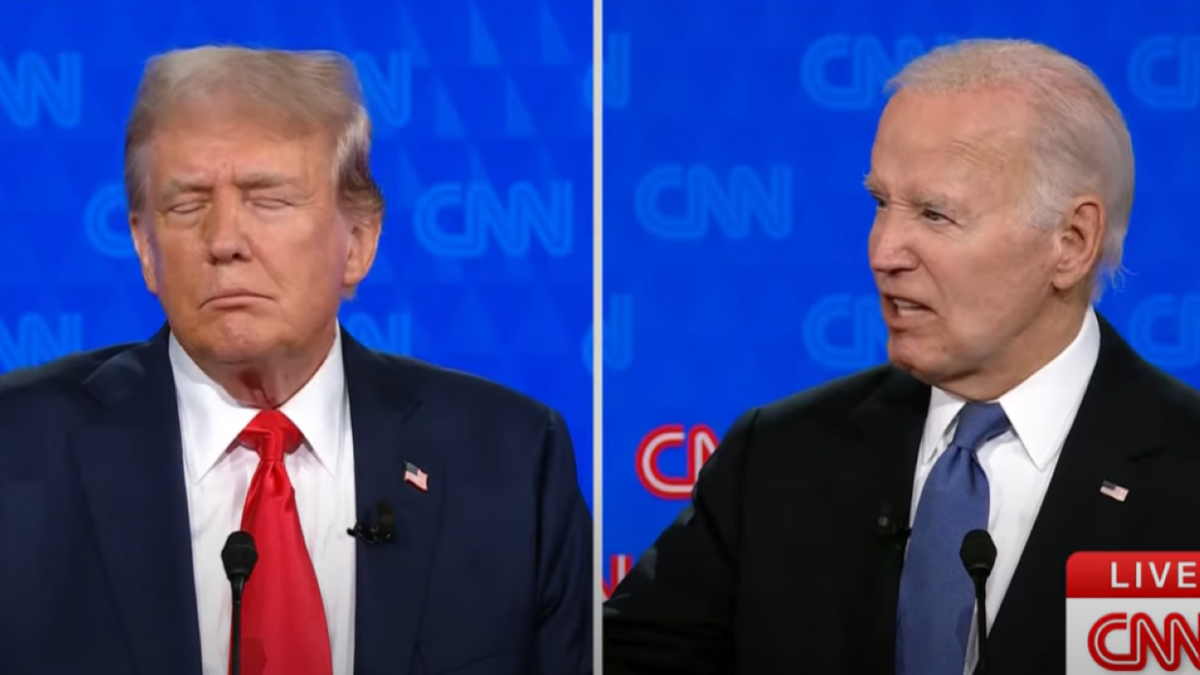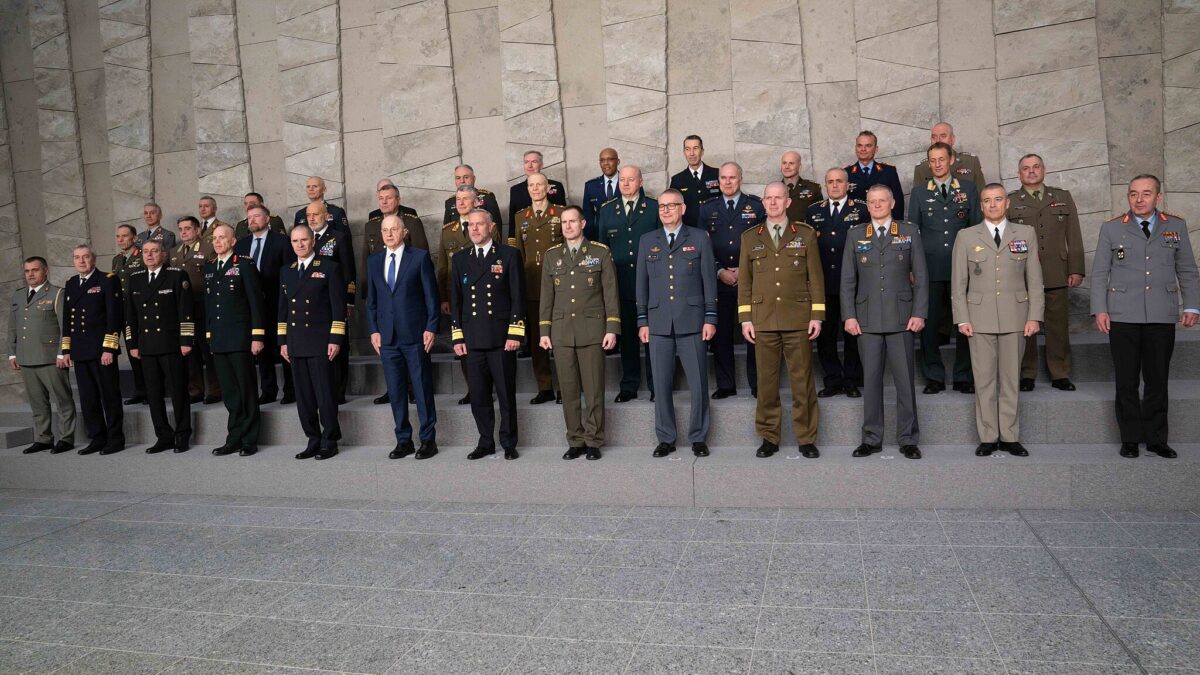
As China upsets the Pacific rim’s peace that Americans established at the cost of so much blood in World War II, Russia kills to reverse as much of the Cold War’s result as it can, and more Muslims than ever are inclined to harm us, many Americans’ premise regarding international affairs—a fair summary of which is “America ought to mind its own business”—leads others to fear that trimming the American eagle’s talons and sticking its head in the sand would increase our perils.
How anyone might distinguish America’s business from that of others, or go about minding that business regarding the Pacific, Eurasia, the Muslim world, or Latin America is not so important as is the nature of the premise itself. That premise—minding America’s business, keeping America’s peace and winning its wars—is not the counsel of retreat. Nor is it novel and untried. It is in fact the essence of the foreign policy by which statesmen from George Washington to Theodore Roosevelt, the men on Mount Rushmore, grew the American eagle to maturity.
Let us consider what is America’s international business in our time, and what it would take properly to mind that business.
What Are Foreign Conflicts to Us?
Our chief business is neither more nor less than what it was for our founding generation and what it has been for every generation of immigrants: to live free lives on a higher plane, moral and material, than elsewhere. To this effect, John Winthrop in 1630 quoted Moses and Jesus to the people who founded Boston: our purpose is to be a “city on a hill” whose light may give glory to God and enlighten humanity. By these words, Ronald Reagan reminded us repeatedly that America’s purpose is to be exceptionally good. We know that being good Americans, at peace with one another, is difficult.
Now as ever, we deal with foreigners for the primary purpose of preventing them from adding to that difficulty. Washington devoted his farewell address to warning us that nothing so fouls our nest at home as does involvement in foreigners’ quarrels. Our current experience with no-win wars to fix other nations—wars that have divided us and militarized government bureaucracies used increasingly for partisan purposes—confirms that warning.
Washington and his successors were neither pacifists, nor isolationists, nor imperialists. Neither should we be. Better than our contemporaries, they pursued mutual forbearance with different social-political systems. They understood that hostile powers are to be kept as far away as possible, alliances are to serve specific purposes, wars are extraordinary events to be fought with all our might unto victory or not at all, and pirates are to be destroyed. They knew, and we should remember, that respect is earned by speaking seldom, and more softly than the size of our stick might warrant. They measured all dealings with foreigners by one standard: What is this to us?
Only Americans Fear America
During the past generation, administrations of both parties have acted against common sense, increasing commitments around the globe, including to the territorial integrity of the Soviet empire’s former members, which they had no intention of fulfilling, while whittling down and spreading out America’s military. They responded to the Muslim regimes’ incitement of anti-American violence by trying to settle their internal conflicts and reforming their societies. As a result, today the only people in the world who fear American military action are the American people themselves. Administrations of both parties have continued the 1960s policy of leaving America undefended against serious missile attack. Thus impotently meddling in others’ business while failing to mind America’s, they have earned the world’s disrespect.
What is America’s business with China’s attempt to substitute itself for the order that has served us all so well since 1945? Its preparations for controlling nearby seas from the shore trump our diminishing sea-based power. China’s continuing capacity to point out that any American attempt to save Taiwan (or any other of its targets) would risk the loss of American cities to missile attack underlines the un-seriousness of current U.S. pretenses to uphold that order. Seriousness would require both U.S. missile defenses and U.S. bases in the nearby islands well-enough defended and potent enough to challenge China’s strategy of sea control. Otherwise, better to abandon our pretenses before they get us into worse trouble.
Making Themselves Our Business
Vladimir Putin stated that the Soviet Union’s demise was the century’s biggest catastrophe. But for us, it was among the greatest blessings. That is why his attempt to re-create as much of it as he can is some business of ours. Ukraine has always been the key to Putin’s venture. Europe is morally and politically incapable of stopping that venture, and will cooperate with anything we may do only under duress. Geography makes senseless any U.S. military intervention other than supply to Ukraine. But U.S. economic leverage on Russia can be overwhelming—provided it also excludes from economic intercourse with America any nation that has any dealings with Russia. The rest of the world would mightily resent such a measure. But it would have no choice. We must face facts: serious economic measures are not cheap, while cheap ones buy only contempt.
Increasingly since the 1970s, and most violently in our time, countless Muslims, sensing American statesmen’s weakness and irresolution, have made themselves our business. Iran’s 1979 seizure of our embassy and its personnel was an act of war. Our failure to treat it as such opened the floodgates of terrorism. Our attempts to stem that tide by trying to identify and sort individuals and groups whom we consider noxious out of the several Muslim countries—effectively to police those countries—was doomed from the start and opened the gates wider. In fact, policing foreign lands is none of our business. Rather, our business is to hold those lands’ rulers and potentates responsible with their lives for anything that comes out of them or that threatens to come out of them that might harm us. They should be certain that failure to prevent their subjects from harming us would result in America descending upon them—with nation-destruction rather than nation-building—and that they would be America’s prime targets.
Minding our business is serious business.









